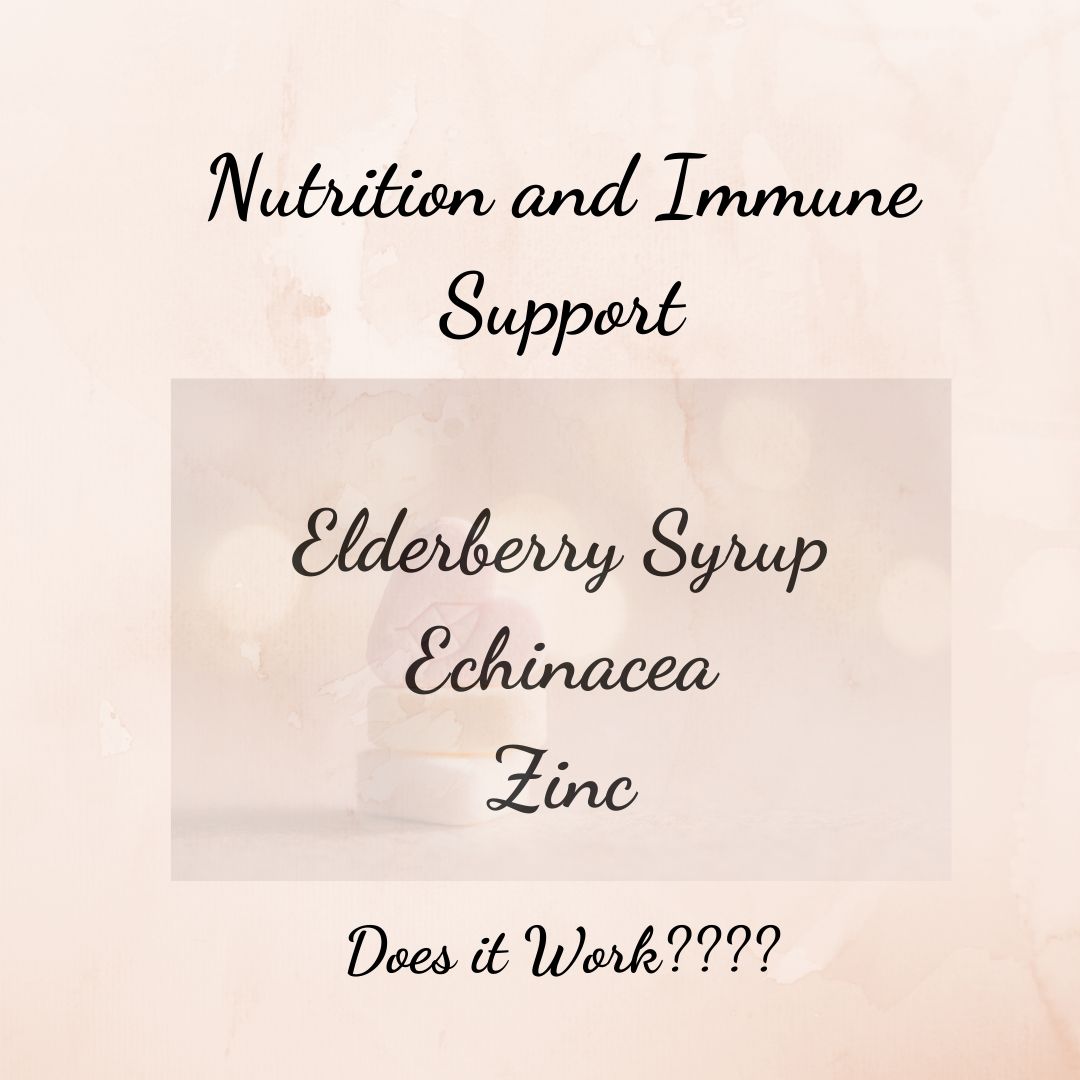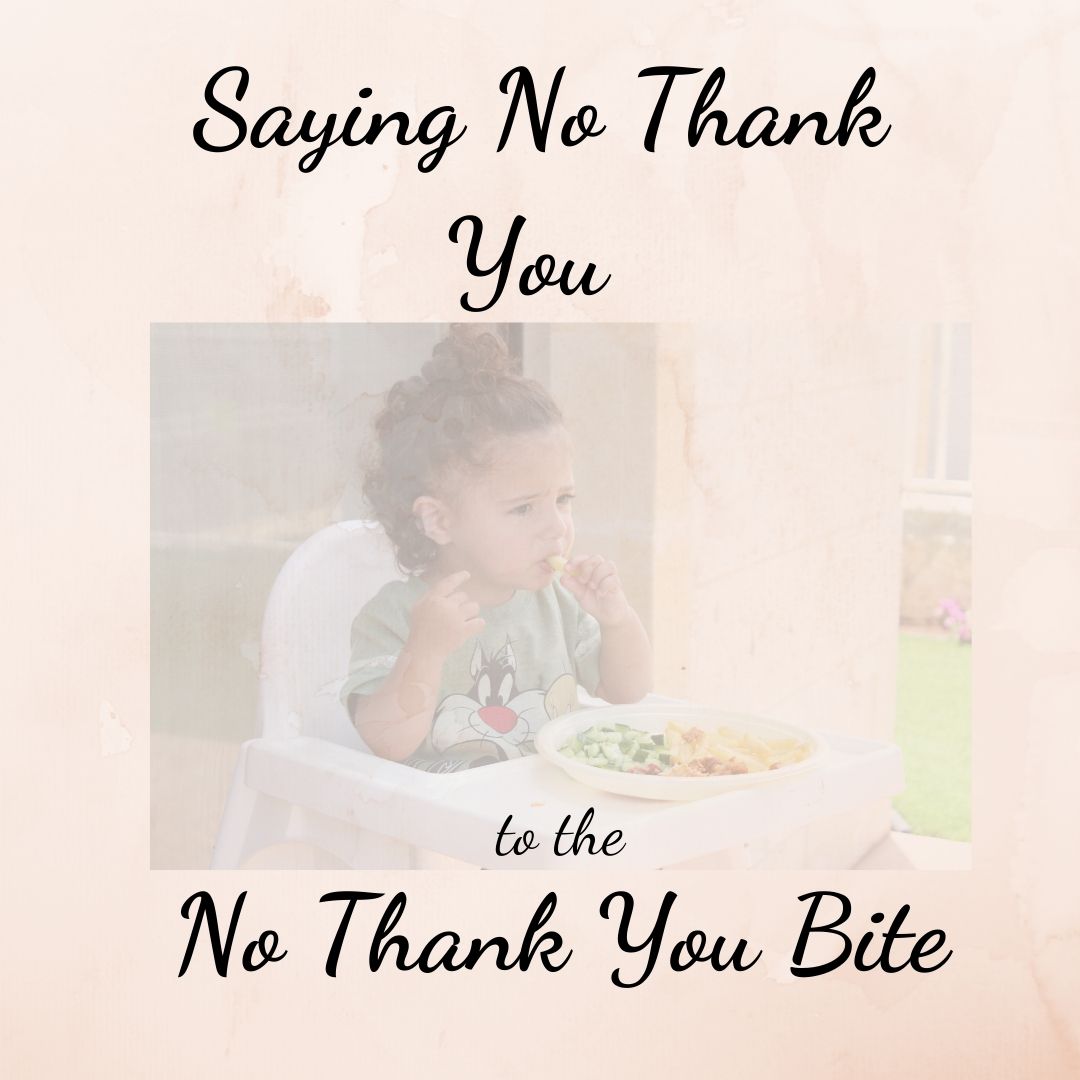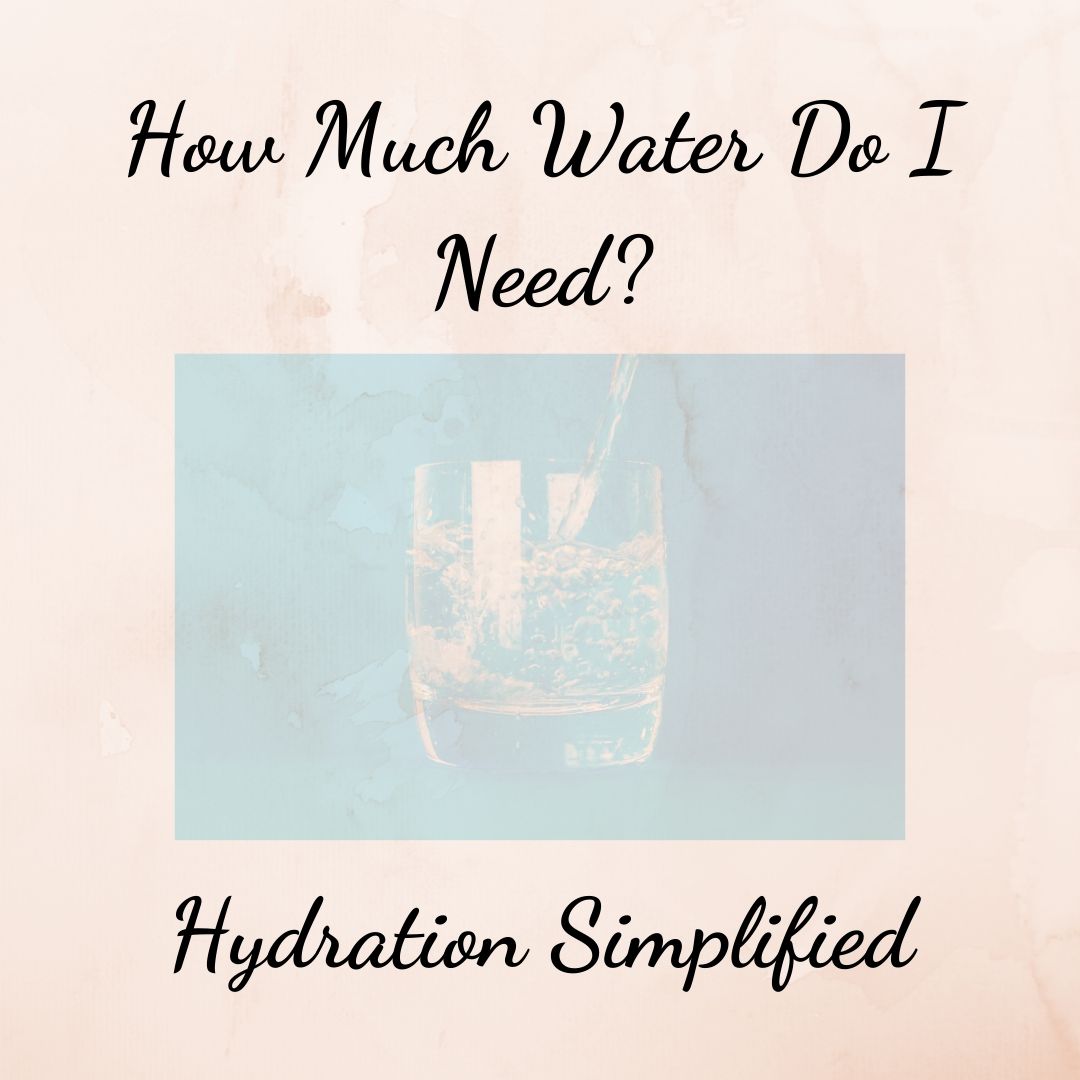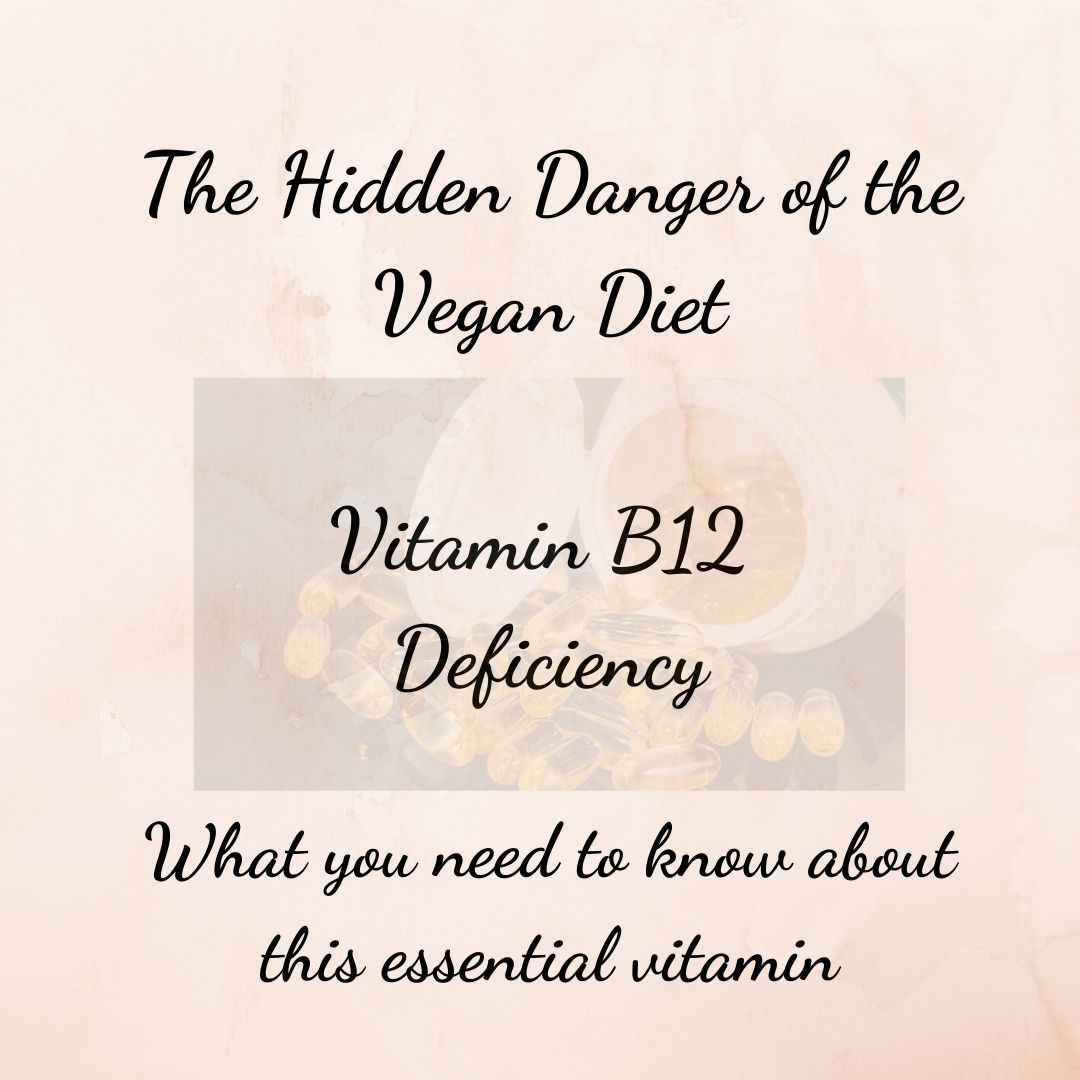I used to tell the medical residents I worked with that nutrition will not cure our patients, but it will provide the framework for medical treatments to really work well. Nutrition will not boost an immune system, but it will support what already exists. A well nourished body does heal faster than a poorly nourished one.
True or False: Elderberry Syrup shortens viral illness
There appears to be some TRUTH to this one
The History
Elderberry has been used for centuries to treat infections, particularly respiratory viral infections. While the body of literature is still growing, double-blind placebo controlled trials have supported the use of elderberry to treat respiratory viruses. It seems to be particularly effective in decreasing the duration of illness. There is even lab based research showing that standardized dosages of elderberry inhibit specific viral and bacterial growth.
The so what
The research on elderberry is still young and many of the studies I read have small sample sizes. This is not necessarily bad, but it does make it difficult to make recommendations for the general population. What we know right now though, is that it is promising and thus far appears fairly safe.
Dosages have not yet been standardized. The best I can find is suggested dosages of 15ml of elderberry syrup 4x per day for adults during illness and 5ml 4x per day for children. Many preparations have honey, so I would not give to any child under one. Again, this is a suggested dose and as with all supplements, we all take a measure of risk when using. I strongly recommend finding a high quality source for all your supplements.
Caution
Elderberry should not be considered a superior treatment option over mainstream antivirals and antibiotics. Severe bacterial illness have killed for centuries. And while overuse of antibiotics has created some problems, they still save lives every day!
True or False : Echinacea prevents the common cold
Eh, FALSE
It is always a good day when you find a nice review article on the topic you are studying. That is what I found on echinacea and the common cold. Review of randomized controlled trials, found that echinacea does not shorten the duration of the common cold. There is some evidence, though weak (aka – not statistically significant for those into stats) that it may have some minor preventive effects.
I did dig for further research, but was unable to come up with anything more substantial. If you feel strongly that echinacea does work for you, I do not see harm in using occasionally. There were reports in the trials of decreased illness in some participants. The number of reports were just not enough to conclude that echinacea offers immune support.
True or False: Taking zinc will help you get over a cold faster
SOME TRUTH
A review study of double-blind, placebo controlled trials, found there is some truth to this claim. Participants that took >75mg/day of zinc did experience fewer sick days. The severity of symptoms was no different, however . There is not enough evidence to support taking zinc to prevent illness.
Zinc supports the function of specific immune cells. During illness the immune system is working harder and the extra zinc is likely supporting the efforts.
Caution
Zinc and copper compete for absorption sites in the gut. High doses of zinc, anything over the Tolerable Upper Intake Level (UL) of 40mg/day, is considered risky. Short term, no harm is done, but I suggest limiting zinc supplementation to 5 days. The typical length of a cold is 5-7 days. Supplementation should be limited to the length of the illness.
Intranasal zinc has been linked to a few cases of individuals permanently losing sense of smell. I, personally, find this extremely alarmingly. I also feel like the odds would not be in my favor, so plan to steer far away from zinc-laced nose q-tips.
Zinc does have a pretty rotten taste. The zinc cold lozenges do leave a filmy, metallic aftertaste. It can also be nauseating. These side effects of supplementation have been some of the biggest barriers to those using zinc to treat a common cold. But if you can tolerate it, go for it. Just keep the supplementation to 5 days.
The final so what
The field of nutrition is moving away from general recommendations to specific ones. This holds true for nutrition and immune support. People who eat a wide variety of foods are not likely to need supplements. However, as the mom of an opinionated eater, I have added a Vitamin C supplement to her plan. She does not like many fruits and vegetables. I believe she needs a little extra Vitamin C for her immune system. As we continue to accept new foods, I will re-evaluate.
Elderberry syrup is currently in my refrigerator. My genetics have not given me the best upper respiratory system. I need a little extra support when it comes to fighting off those germs. Do I believe it replaces the other treatments I use? Absolutely not. My first line of defense is always hand hygiene and using the medications I have been prescribed. But I do not see harm in using it. If future research fails to support elderberry, I will discontinue. We do the best with what we have right now.
The taste of zinc is more than I can usually tolerate when sick, so I do not plan on adding zinc lozenges to the medicine cabinet. However, if you can do it, give it a try!
Grape juice and echinacea? I have no plans to start using.
Again, we do the best we can with the knowledge we have. No vitamin or mineral has been shown to boost the immune system, but some do provide support. Not every person needs to take these immune supports in supplement form though. Those who eat a wide variety of foods rich in Vitamin C need not worry about taking extra. Nutrition should not be thought of a one-size-fits-all science, it should be approached on an individual basis. If you are reading this and have questions, feel free to reach out!




